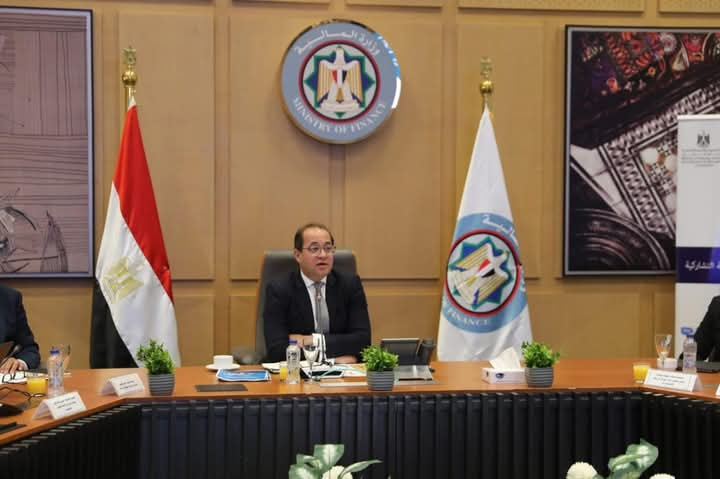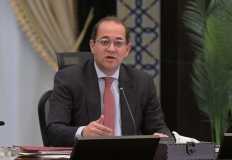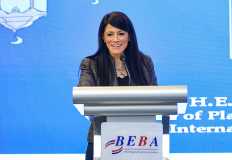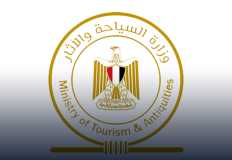
Minister of Finance Ahmed Kouchouk affirmed our commitment to deepening fiscal transparency in collaboration with both domestic and international partners. This involves implementing comprehensive national policies that enhance citizen and investor confidence. We achieve this by proactively disseminating all relevant information regarding the state's general budget, encompassing its preparation, execution, and oversight. This open approach fosters greater community participation.
The Minister highlighted the critical role of accurate and reliable data throughout the 'budget preparation' cycle. This information empowers the government to make more informed, comprehensive, and targeted decisions that drive development and economic growth.
During a discussion session with D.Code for Financial and Economic Consulting, representatives of civil society, the International Budget Partnership (IBP), and UNICEF, the Minister emphasized the need to enhance the efficiency of public financial management to expand spending on health, education, and social protection.
He noted that the 'programs and
performance budget,' 'participatory budget,' and 'gender-responsive budget'
collectively represent a national model for implementing comprehensive
financial and structural reforms that align with the aspirations of citizens.
He highlighted the importance of
unifying efforts to solidify the principles of transparency, community
participation, and accountability in the preparation and implementation of the
state's general budget. This approach should adhere to Open Budget Survey
standards, thereby supporting national reforms and fiscal policies aimed at
achieving strategic development goals efficiently and effectively.
This will ensure the fulfillment of
national priorities, address the needs of citizens, optimize the utilization of
public resources, enhance the efficiency of public spending, and contribute to
accelerating the wheel of sustainable development, particularly in strategic
sectors such as education and health.
Yasser Sobhy, Deputy Minister for
Fiscal Policies, emphasized that transparency is a crucial driver within the
budget preparation cycle to ensure active citizen engagement in achieving our
goals. He noted that significant strides have been made in developing public
financial management, enhancing the efficiency of public spending, and
improving key financial and economic performance indicators. Sobhy further
emphasized the importance of collaborative efforts with both local and international
partners as the most effective path towards a more equitable future for all.
Sara Eid, Head of the Transparency and Community Participation Unit, emphasized the importance of this dialogue session in setting a roadmap for key stakeholders involved in transparency and budget oversight. This collaboration aims to ensure Egypt's continued progress in international transparency rankings. Eid acknowledged the Ministry of Finance's significant efforts over the past ten years in consistently issuing accurate and reliable data on the budget preparation cycle, a cornerstone of deepening fiscal transparency.
She highlighted the importance of continued cooperation with all partners, including supervisory bodies, most notably the House of Representatives and the Senate, the Central Auditing Organization, civil society organizations, and many ministries such as: the Ministry of Local Development, the Ministry of Planning and Economic Development and International Cooperation, the Ministry of Social Solidarity, the Ministry of Health, Education, the Central Agency for Public Mobilization and Statistics, the Information and Decision Support Center, and civil society organizations.





